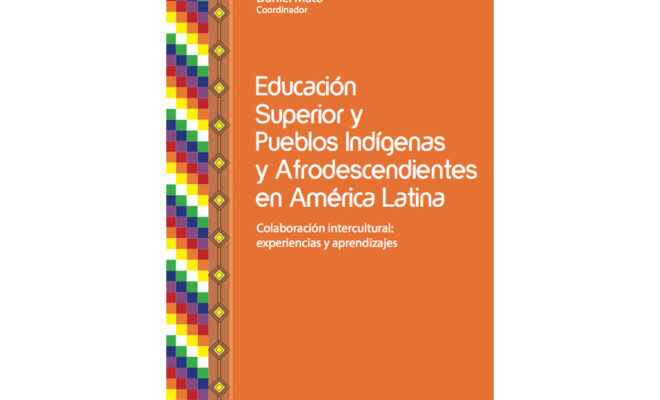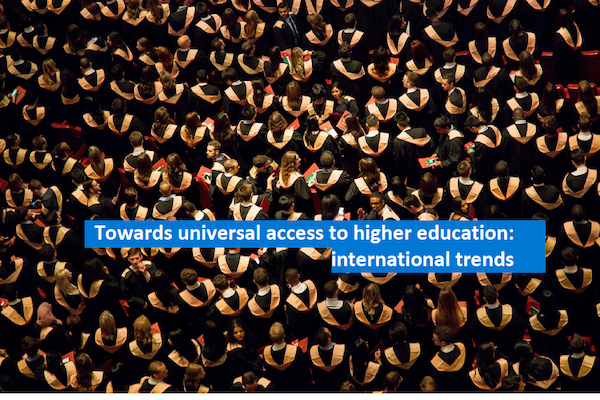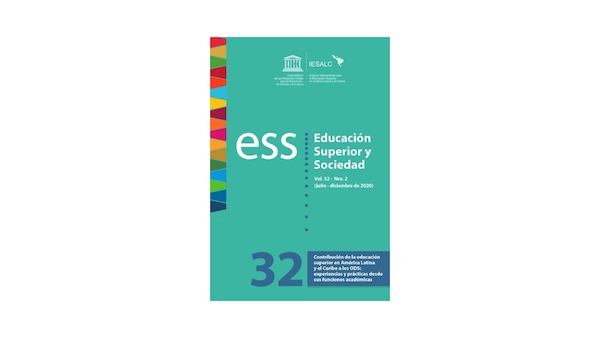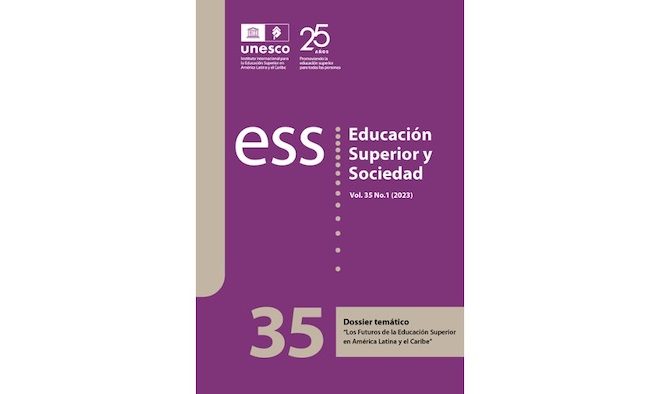Higher education, indigenous and afro-descendant people in Latin America. Intercultural collaboration: experiences and learning

In Latin America, various types of experiences of intercultural collaboration between higher education institutions (HEI) and communities of indigenous and Afro-descendant peoples have been developing in recent decades. Some of them have been established and are managed by these people’s referents and/or organizations. Others have been created by national or provincial/state governments in response to their demands and proposals. In addition, various types of special programs have been instituted in many HEI, in some cases through co-implementation agreements between these peoples’ organizations and universities or other “conventional” HEI. In other cases, specific academic units have been established within the latter. Special quota, scholarship, and/or academic and psychosocial support programs have also been instituted. This wide variety of initiatives constitutes a very heterogeneous field of experience, both in terms of the objectives pursued and the working methods and their relations with communities, members and organizations of said peoples, as well as the institutional formats they adopt, among other relevant dimensions.
The book Educación Superior y Pueblos Indígenas y Afrodescendientes en América Latina. Colaboración intercultural: Experiencias y Aprendizajes (Higher Education and Indigenous and Afro-descendant Peoples in Latin America. Intercultural collaboration: Experiences and Learning), Sáenz Peña (Buenos Aires) EDUNTREF, 2019, provides an overview of the field of Higher Education, by/with/for indigenous and Afro-descendant peoples in Latin America, with special attention to the analysis of experiences of intercultural collaboration between higher education institutions and communities and/or organizations of these peoples. Its chapters analyze specific cases in Argentina, Brazil, Chile, Colombia, Costa Rica, Guatemala, Mexico, Nicaragua and Panama. In addition, one of them presents lessons learned from initiatives in eleven Latin American countries.
The thirty-six chapters that make this book up, have been specially written by almost seventy collaborators who are part of social organizations and universities and other types of HEI from nine Latin American countries. Many of them are members of indigenous or Afro-descendant peoples.
Almost all of these chapters are significantly revised and expanded versions of the papers presented at the 5to Coloquio y Taller Internacional “Educación Superior y Pueblos Indígenas en América Latina. Colaboración Intercultural: servicio, investigación y aprendizajes” (5th International Colloquium and Workshop “Higher Education and Indigenous Peoples in Latin America. Intercultural Collaboration: service, research and learning”), held in the city of Buenos Aires, on October 24-26, 2018. This double event was organized by the UNESCO Chair on Higher Education and Indigenous and Afro-descendant Peoples of the Universidad Nacional de Tres de Febrero in collaboration with the Red interuniversitaria Educación Superior y Pueblos Indígenas y Afrodescendientes en América Latina (Interuniversity Network of Higher Education and Indigenous and Afro-descendant Peoples in Latin America), and was sponsored by the IESALC.
Download the publication Educación Superior y Pueblos Indígenas y Afrodescendientes (Higher Education and Indigenous and Afro-descendant Peoples).
RELATED ITEMS








